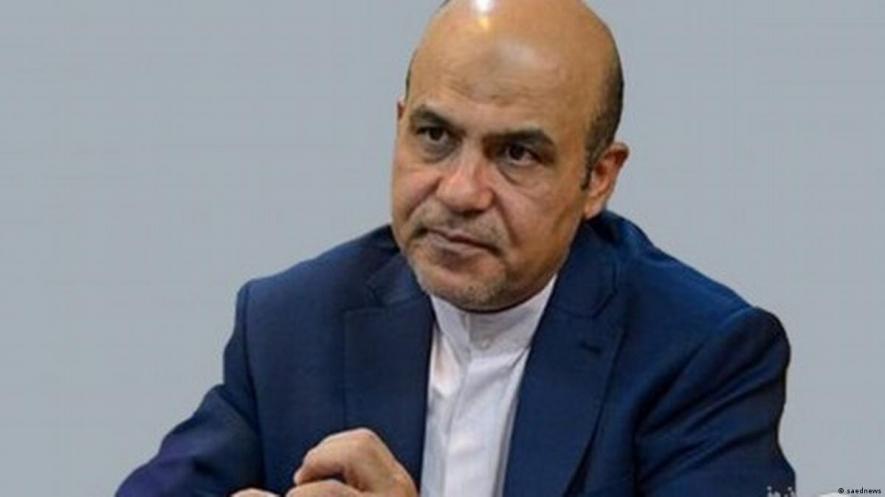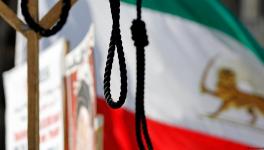Iran Executes Former Defence Ministry Official Over Spying Charges

Dubai: Iran said on Saturday it had executed a dual Iranian-British national who once held a high-ranking position in the country's defence ministry despite international warnings to halt his death sentence, further escalating tensions with the West amid the nationwide protests now shaking the Islamic Republic.
The hanging of Ali Reza Akbari, a close ally of top security official Ali Shamkhani, suggests an ongoing power struggle within Iran's theocracy as it struggles to contain the demonstrations over the September death of Mahsa Amini.
Akbari's hanging drew immediate anger from London, which along with the US and others has sanctioned Iran over the protests and its supplying Russia with the bomb-carrying drones now targeting Ukraine.
“The execution of British-Iranian Ali Reza Akbari is a barbaric act that deserves condemnation in the strongest possible terms," Foreign Secretary James Cleverly said in a statement.
Iran's Mizan news agency, associated with the country's judiciary, announced Akbari's hanging without saying when it happened. However, there were rumours he had been executed days earlier.
Iran has alleged, without providing evidence, that Akbari served as a source for Britain's Secret Intelligence Service, known popularly as MI6.
A lengthy statement issued by Iran's judiciary claimed Akbari received large sums of money, his British citizenship and other help in London for providing information to the intelligence service.
Akbari, who ran a private think tank, is believed to have been arrested in 2019, but details of his case only emerged in recent weeks.
Those accused of espionage and other crimes related to national security are usually tried behind closed doors, where rights groups say they do not choose their own lawyers and are not allowed to see evidence against them.
The United Nations human rights chief has warned Iran against the “weaponisation” of the death penalty as a means to put down the protests.
On Friday, State Department deputy spokesman Vedant Patel also criticised Akbari's pending execution.
For several years, Iran has been locked in a shadow war with the United States and Israel, marked by covert attacks on its disputed nuclear program.
The killing of Iran's top nuclear scientist in 2020, which Iran blamed on Israel, indicated foreign intelligence services had made major inroads.
Iran mentioned that scientist in discussing Akbari's case, though it's unclear what current information, if any, he would have had on him.
Akbari had previously led the implementation of a 1988 cease-fire between Iran and Iraq following their devastating eight-year war, working closely with UN observers.
He served as a deputy defence minister under Shamkhani during reformist President Mohammad Khatami's administration, likely further making his credentials suspicious to hard-liners within Iran's theocracy.
Today, Shamkhani is the secretary of the Supreme National Security Council of Iran, the country's top security body which Supreme Leader Ayatollah Ali Khamenei oversees.
Akbari's audio message aired by the BBC Persian included him saying he was accused of obtaining top-secret information from Shamkhani “in exchange for a bottle of perfume and a shirt.”
However, it appears Shamkhani remains in his role.
The anti-government protests now shaking Iran are one of the biggest challenges to the Islamic Republic since the 1979 revolution
Get the latest reports & analysis with people's perspective on Protests, movements & deep analytical videos, discussions of the current affairs in your Telegram app. Subscribe to NewsClick's Telegram channel & get Real-Time updates on stories, as they get published on our website.
























